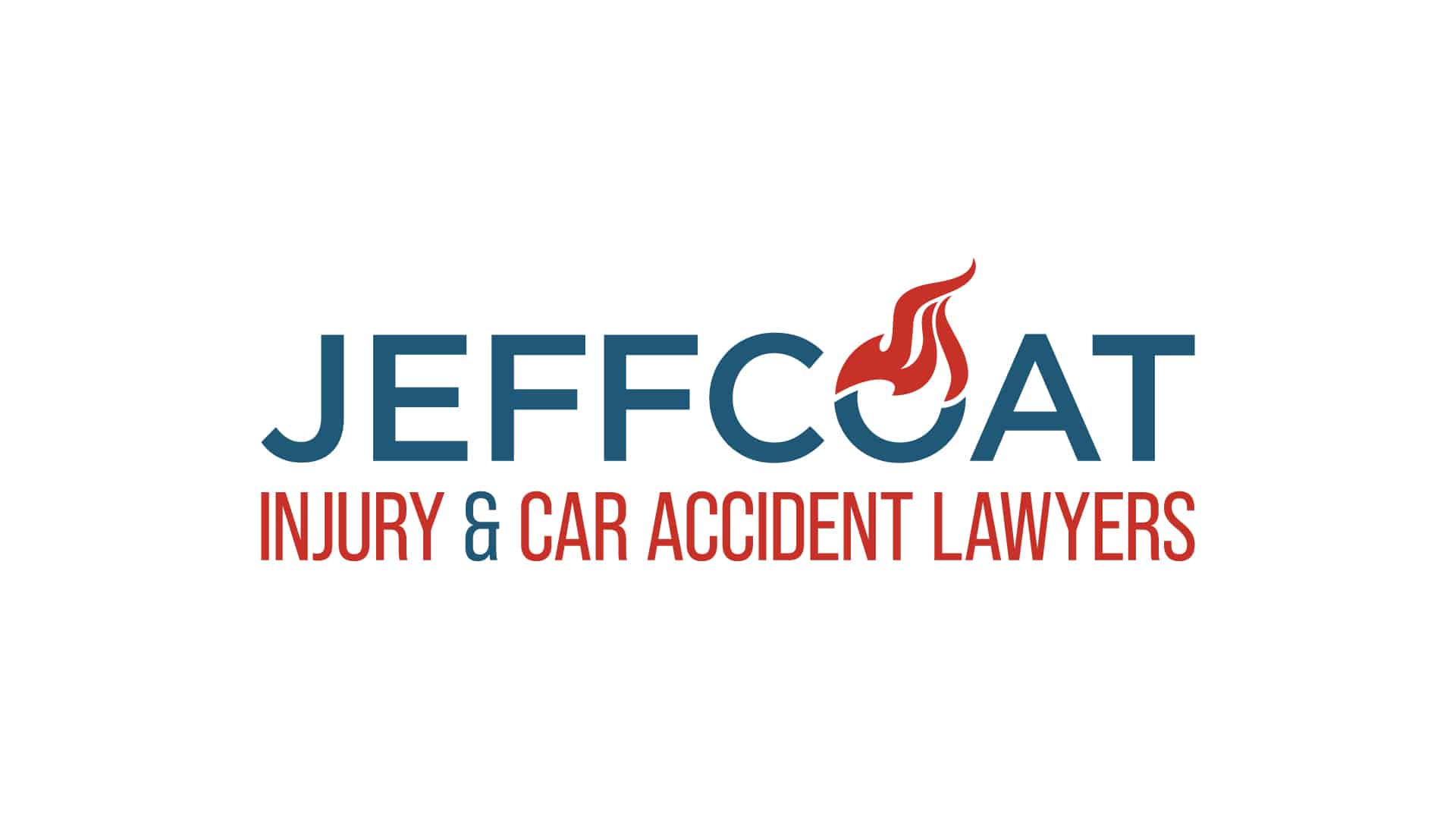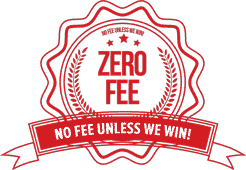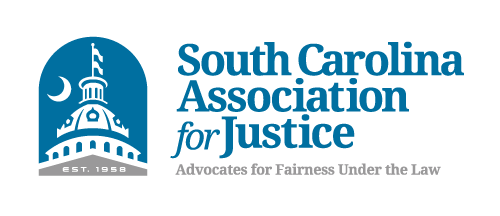Products are virtually anything: the clothes on your back, the appliances in your home, even the food in your fridge is considered a product. Sometimes we buy products that are cheap and not expected to last long.
Other times we buy products that we expect to use for years or even a lifetime.
However, there is one thing that is an assumed guarantee by everyone, no matter what you bought: the product should not cause you harm.
Seems simple enough, right? It’s reasonable to expect a product you buy to not hurt you in any way. And, for the most part, they don’t! Countless new products come on the market every year without a hitch.
But, for the few products that have defects from manufacturing, a product liability lawsuit may be the best recourse you have when a defective product causes you harm.
Here, we’ll walk you through exactly what a product liability case is, what needs to be proven to win your case, and where to find a quality law firm that is tested in product liability law.
Product Liability: What Is It?
A product liability lawsuit is one where a manufactured product is defective in some way and an injury is caused as a result of that defect.
These lawsuits are more common than you’d think, largely due to the vast quantity of various products mass-produced for public purchase. If there is a product that’s defective to multiple users, a product liability lawsuit can be filed as a class-action suit, which will be discussed later on.
Alternatively, a product liability suit can also come as an individual action.
Product Liability Lawsuit Components
When it comes to product liability cases, there is a methodical approach taken. The first step in your product liability case is to determine which theory of liability you will sue under. These theories include:
- Negligence Theory: This requires proof that the manufacturer of the product owed you a duty to make a safe product, that they breached that duty, and that the breach caused the injury alleged.
- Strict Liability Theory: This allows an individual to bring a claim for product liability against the person who gave the user the product, even if that person had nothing to do with the defect that gave rise to the injury.
- Breach of Warranty Theory: This will come into play when there are warranties offered by the original manufacturer for a product that causes you injury. In these cases, you would bring a breach of warranty lawsuit.
Though any one of these theories can work for a product liability lawsuit, the negligence theory is the most common.
What Needs To Be Proven
To successfully claim for product liability, a few elements must be proven. These elements include duty, defect, causation, and harm.
- Duty requires that the seller or maker of the product owed a duty to the individual to sell them a safe product.
- Defect requires that the plaintiff must prove that the product was, in fact, defective in some manner.
- Harm requires that the plaintiff suffered some kind of injury as a result of the defect.
- Causation requires that the plaintiff prove that it was the defect in the product that was the proximate cause of the injury.
It is important to note that all of these elements must be proven, otherwise your case may be at risk.
Types of Defects
Three types of defects will ultimately determine whether you even have a product liability case.
First, there are warning defects. Warning defects are essentially defects in the manufacturers warning labels or their instructions.
An example of this would be a lack of a warning label on a product with small parts. These parts are a choking hazard for small children. Such a lack of labeling could give rise to a product liability suit based on warning defects.
Next, there are design defects. A defect such as a sharp corner or overheating on a product would be an example of a design defect. These defects are often not obvious to a casual observer but are often mass-produced and thus can lead to many people getting the same injury.
This could lead to a class-action suit in many instances.
Finally, there are manufacturing defects. You may be wondering, what is the difference between this and a design defect?
A design defect is typically about a product that has a defect found in many, if not all, of the individual products produced. On the other hand, a manufacturing defect is usually about a product that has no design issues but has a defect for some unknown reason.
It is important to make clear at this point that a product liability lawsuit can fall into more than one of the types discussed above. This doesn’t happen often, but it is possible.
Preparation and Damages
If you think you have a product liability case you’ll have to make some preparations. A good place to start would be to salvage the product, if at all possible. This is often used in court as evidence for both parties.
If you have a case involving a warning defect, saving the packaging and instructions would be extremely important. If you have medical records or receipts proving your injury or costs incurred, begin compiling those.
In terms of damages, there are a few different kinds for a product liability case:
- Compensatory: These are damages intended to cover your economic loss due to injury, medical costs, and lost wages, among other things.
- Punitive: These damages are about punishing the defendant. These are handed down when a defendant acts so reckless in regards to their product that a court can award these damages to financially punish the defendant.
- Pain and Suffering: These are damages intended to compensate you for your troubles, essentially. The pain, trauma, stress, and other sufferings you had to endure are covered by this type of damages.
- Loss of Consortium: These are damages intended to make up for any deficits your injury has caused in your relationship with a spouse.
A Law Firm You Can Rely On
A product liability lawsuit is one that requires a great deal of legal skill and knowledge, one that can only be found in the finest practicing attorneys. In addition to product liability cases, we offer legal assistance on personal injury, medical malpractice, and much more.
Give us a try for yourself! We offer consultations at absolutely no cost to you.









